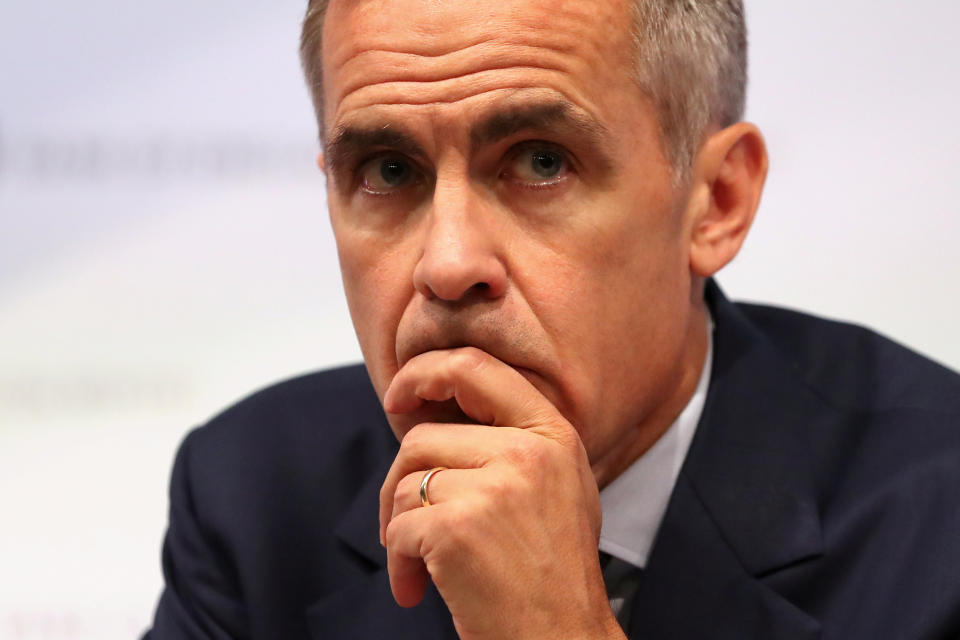The Bank of England wins on work-life balance but still struggles on diversity

The Bank of England (BOE), which employs over 4,000 people, has been anointed as one of the most highly rated companies in Britain for its staff work-life balance. However, in the background, the 324-year old institution is still struggling with its gender pay gap and the lack of staff diversity.
According to job website Glassdoor‘s Highest Rated Companies for Work-Life Balance 2018 report, the UK’s central bank claimed the ninth spot in the ranking with a 4.4 rating for the best companies for work-life balance.
A minimum of 80 work-life balance ratings had to be submitted on Glassdoor by UK-based employees by 12 July 2018 in order to be included in the report. This included everything from convenient commutes to working hours. The numbers were then averaged, with a maximum score of 5. Calculations extended beyond the thousandth decimal place to determine rank but for reporting simplicity, the ratings were rounded to one decimal place. Only academic institutions were excluded from the rankings.
Staff that have posted positive reviews on Glassdoor include “you can easily see where your work is making a difference and you are given the freedom to explore your own work path. It also has a great work/life balance with the use of flexible time across most departments.” Many others cite being able to work from home as a perk and say flexible working hours is why work-life balance is good at the central bank.

Meanwhile, the BoE has been been actively trying to address its gender pay gap. Last year, the central bank published a report which revealed female staff earn 20-25% less than men at the bank, in terms of both salary and bonus – that number, though, is better than the UK financial industry average of 30%.
But the gap is still huge and the BoE said it is trying to tackle the reason why there is a gulf between pay.
“We’re confident that men and women are paid equally for doing the same job at the Bank; however, the greater proportion of men than women in senior roles creates a gender pay gap,” said BoE governor Mark Carney in the report.
“We are working hard to address this imbalance through inclusive and diverse recruitment, including diverse shortlists and interview panels, offering flexible working, providing continual unconscious bias training, and fostering an inclusive culture. Addressing the disparity in gender representation at senior levels will take time, but it will help close the current gender pay gap at the Bank.”
According to the Bank’s annual report published in June, the proportion of women in senior roles fell from 30% to 29%. Carney had publicly set targets to get more women to a senior level to 35% by 2020. The report also revealed that black and minority ethnic (BME) staff in senior positions dropped from 6% to 5%.
When looking at the bank’s figures for staff that are not in a senior position, the proportion of women only increased by 1%, reaching 45% over the last four years while BME staff only grew from 16% to 18% within the same period.
Pay is also a contentious issue. For the first time in 50 years, BoE workers went on strike over a salary dispute.

 Yahoo Finance
Yahoo Finance 
